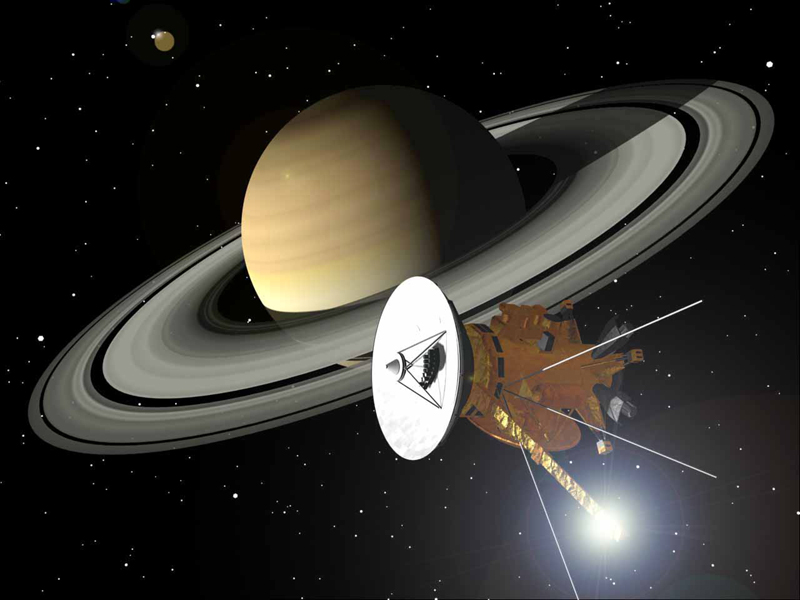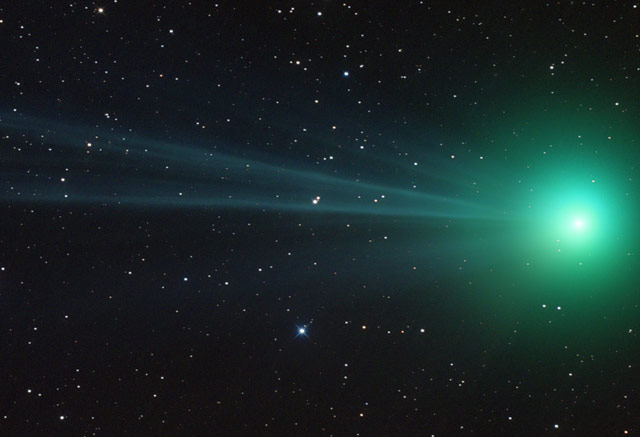Hi everybody!
I like this quote from a movie review by Roger Ebert:
“How quickly do we grow accustomed to wonders. I am reminded of the Isaac Asimov story 'Nightfall,' about the planet where the stars were visible only once in a thousand years. So awesome was the sight that it drove men mad. We who can see the stars every night glance up casually at the cosmos and then quickly down again, searching for a Dairy Queen.”
It does seem strange to me sometimes that we are stuck to our headphones and our screens when there is such a wonderful show going on above our heads. Erm . . . weather and light pollution permitting!
To help you enjoy the winter sky, here is the latest article from the Astronomy site at BellaOnline.com.
Absolute Beginners – Winter Skies
Many bright stars sparkle on crisp winter evenings. Brightest of all is Sirius the Dog Star, the face of one of the two dogs of Orion the hunter. The belt of Orion himself is an easily-identified feature and the constellation also has both a red supergiant star and a blue one.
http://www.bellaonline.com/articles/art27318.asp
Last night I saw the play “Bright Star” about the life of the brilliant New Zealand astrophysicist Beatrice Tinsley. Afterwards a member of a local astronomical society had set up a telescope on the street. The clouds had lifted, leaving a very cold—but fairly clear—night. Members of the audience, the cast, people at the nearby pub and passers-by stopped to look.
Although the Moon wasn't far off full, you could still see incredible detail of the craters along the terminator. There were many gasps of delight at the sight. (For more information on observing the moon, see “Absolute Beginners – Moonwatching” http://www.bellaonline.com/articles/art2174.asp)
Jupiter was bright and in the telescope you could just see one of the pale cloud bands. All four Galilean moons were clearly visible and this got more gasps and “oooohs” and “aaaahs.”. (For more information on observing the outer planets, see “Absolute Beginners - Seeing Mars and beyond” http://www.bellaonline.com/articles/art27359.asp)
*The passing of giants*
Two of the greats of astronomy died last week.
Allan Sandage (1926-2010)
On November 13, American astronomer Allan Sandage died. He began his career as Edwin Hubble's assistant and after Hubble's death, continued the work of measuring galactic distances and the rate of expansion of the universe. Using the 200-inch Hale Telescope on Mount Palomar, Sandage was able to correct Hubble's distance scale. This also meant a correction to the age of the universe. His value made much more sense, because astronomers had got into the odd position of having an age for the universe which was less than the age of some of the oldest stars. (Whoops!)
Brian G. Marsden (1937-2010)
Marsden was an English astronomer who was for many years the director of the International Astronomical Union's Central Bureau of Astronomical Telegrams and for its Minor Planets Center. The name seems quaint now and it does currently rely more on emails than telegrams! However it is responsible for collecting and making available information about discoveries of such phenomena as comets and supernovae.
Marsden, who was also director of the Harvard-Smithsonian Center for Astrophysics for nearly sixteen years, had an extensive knowledge of solar system bodies, worked on the computation of orbits and had a particular interest in transneptunian objects (objects beyond Neptune). He was one of those who firmly believed that Pluto had been wrongly classified as a planet.
*Comet Hartley 2 pelts EPOXI with snowballs*
Last week NASA released some pictures from the EPOXI fly-by on November 4. In case you're wondering, EPOXI is a contraction of Extrasolar Planet Observation, and Characterization and Deep Impact Extended Investigation. (Whew! Who thinks up these names?!)
The spacecraft flew through a snowstorm. This is what surrounds the nucleus of the comet. Wow! Have a look at the picture EPOXI sent home: http://www.nasa.gov/mission_pages/epoxi/images/pia13623.html
*Finding your way around the astronomy site*
What are other people reading? Where can I find an astronomy word search? I'd like some help to start observing. What is a meteor shower? Here is a guide to help you find what you want and get the best out of the BellaOnline Astronomy site.
http://www.bellaonline.com/articles/art27317.asp
That's all for this week. Wishing you clear skies.
Please visit astronomy.bellaonline.com for even more great content about Astronomy.
To participate in online discussions, this site has a community forum all about Astronomy located here -
http://forums.bellaonline.com/ubbthreads.php?ubb=postlist&Board=323
I hope to hear from you sometime soon, either in the forum or in response to this email message. I welcome your feedback!
Do pass this message along to family and friends who might also be interested. Remember it's free and without obligation.
Mona Evans, Astronomy Editor
http://astronomy.bellaonline.com
astronomy Newsletter








